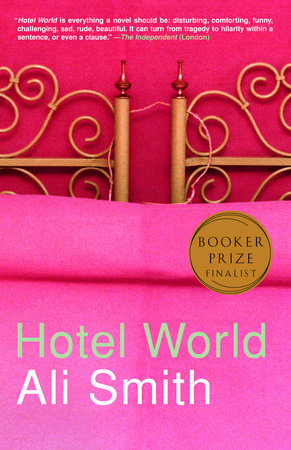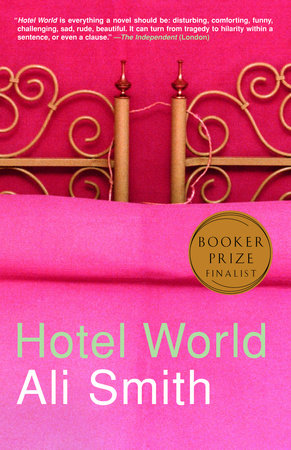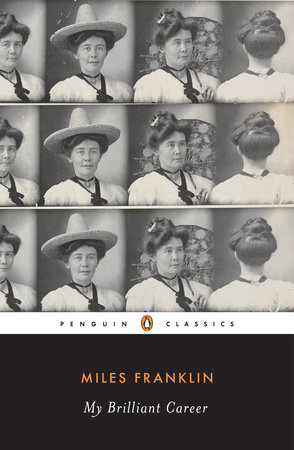BOOKER PRIZE FINALIST • Forget room service: this is a riotous elegy, a deadpan celebration of colliding worlds, and a spirited defense of love. Blending incisive wit with surprising compassion, Hotel World is a wonderfully invigorating, life-affirming book.
Five people: four are living; three are strangers; two are sisters; one, a teenage hotel chambermaid, has fallen to her death in a dumbwaiter. But her spirit lingers in the world, straining to recall things she never knew. And one night all five women find themselves in the smooth plush environs of the Global Hotel, where the intersection of their very different fates make for this playful, defiant, and richly inventive novel.
Five people: four are living; three are strangers; two are sisters; one, a teenage hotel chambermaid, has fallen to her death in a dumbwaiter. But her spirit lingers in the world, straining to recall things she never knew. And one night all five women find themselves in the smooth plush environs of the Global Hotel, where the intersection of their very different fates make for this playful, defiant, and richly inventive novel.
Author
Ali Smith
ALI SMITH is the author of many works of fiction, including, most recently, Summer, Spring, Winter, Autumn, Public library and other stories, and How to be both, which won the Baileys Women’s Prize for Fiction, the Goldsmiths Prize, and the Costa Novel of the Year Award. Her work has four times been short-listed for the Man Booker Prize. Born in Inverness, Scotland, she lives in Cambridge, England.
Learn More about Ali SmithYou May Also Like
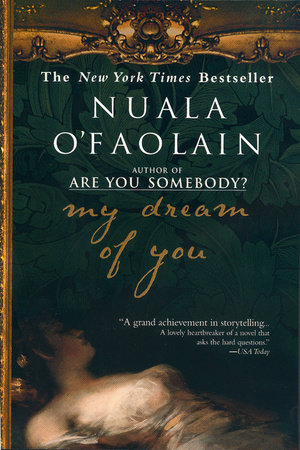
My Dream of You
Paperback
$22.00

Women in Love
Paperback
$13.00
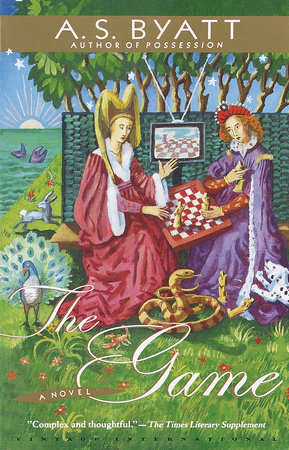
The Game
Paperback
$17.00
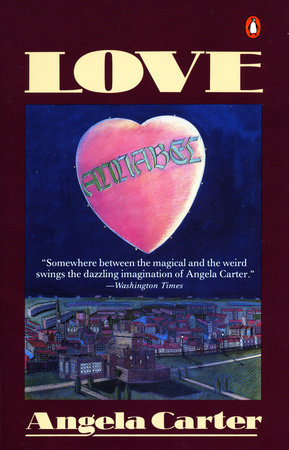
Love
Paperback
$22.00
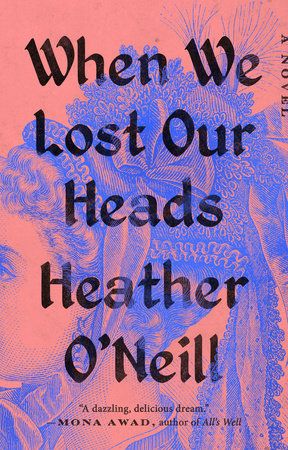
When We Lost Our Heads
Paperback
$18.00
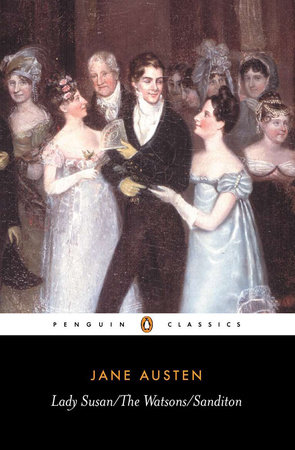
Lady Susan; The Watsons; Sanditon
Paperback
$11.00
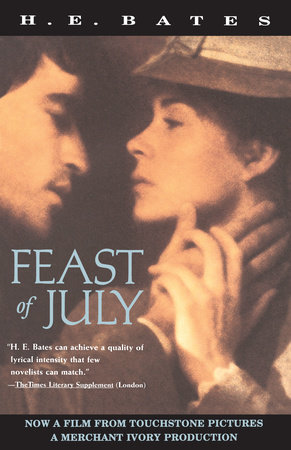
Feast of July
Paperback
$15.00
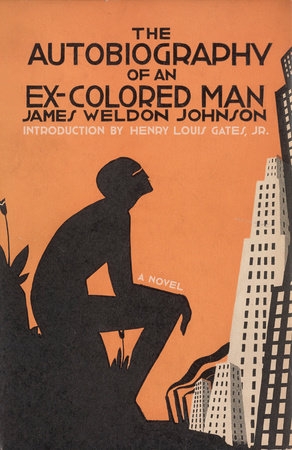
The Autobiography of an Ex-Colored Man
Paperback
$11.00
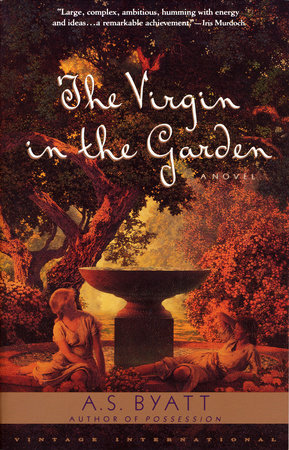
The Virgin in the Garden
Paperback
$20.00
×






